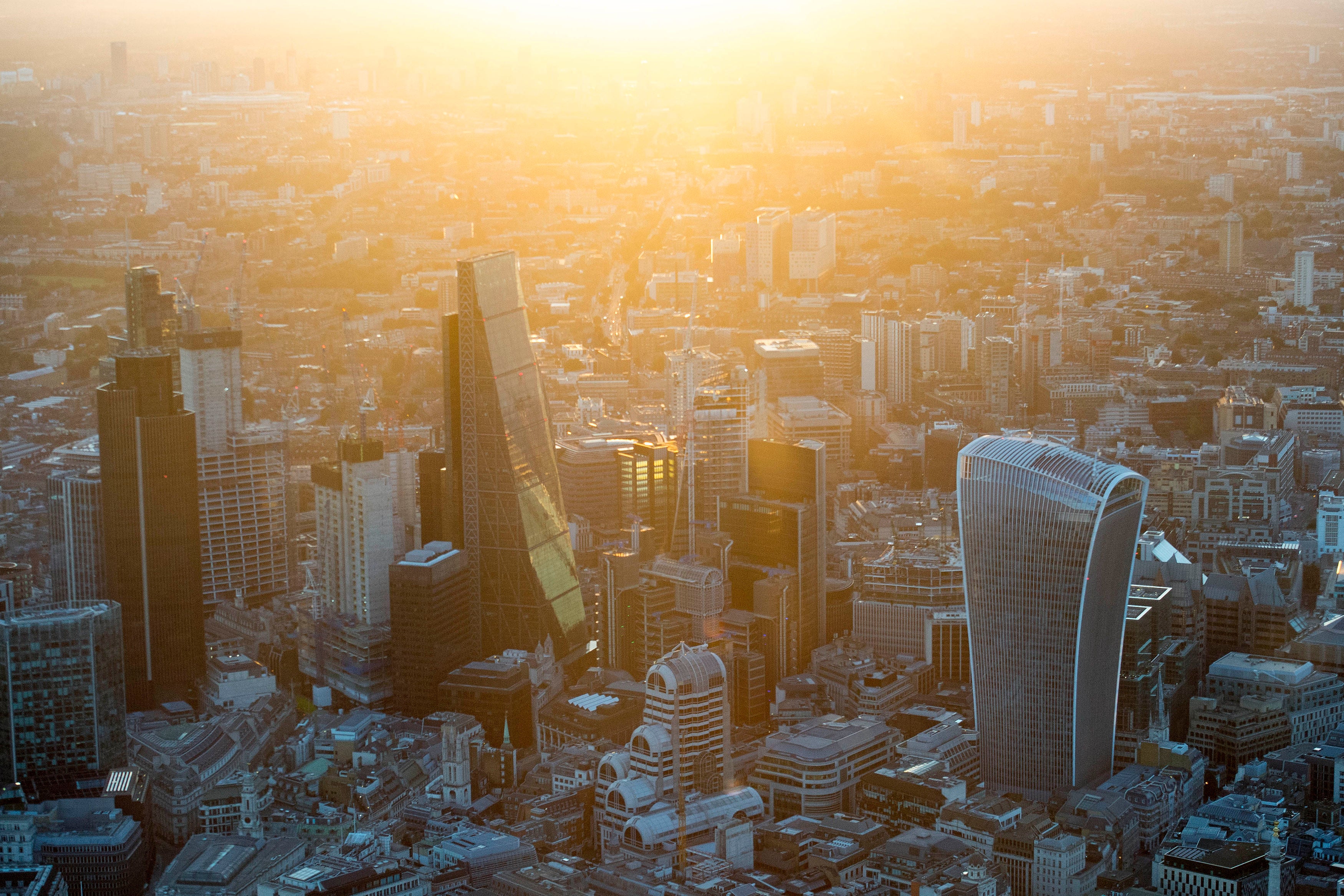Markets fall as Nato sees no evidence of Russian withdrawal from border
The FTSE 100 managed to avoid the steeper falls of its international peers.

Markets woke up with more cynicism towards the Kremlin’s claims that it is moving troops back from the border with Ukraine.
On Wednesday the FTSE 100 dropped, while oil lifted above 95 dollars per barrel amid continuing tensions along the border.
Markets had risen sharply on Tuesday after statements from Moscow that seemed to imply a de-escalation on the border.
But a day later there was no clear evidence that the Kremlin was living up to its words.
“So far we do not see any sign of de-escalation on the ground, nor withdrawals of troops or equipment,” Nato secretary-general Jens Stoltenberg said on Wednesday afternoon.
“This may of course change, however what we see today is that Russia maintains a massive invasion force ready to attack.”
With global demand rising amid lower production the risk is that supply could become even tighter if sanctions are imposed on Russia
Markets spent most of the day in the red, and the FTSE 100 closed the day down 0.1% to 7,603.78, a drop of 5.14 points after having recovered most of its losses.
In Frankfurt the Dax closed down 0.3% while the Cac 40 in Paris lost 0.2%.
In the US the S&P 500 and Dow Jones indexes had both dropped 0.6% shortly before markets in Europe closed.
On currency markets one pound would buy 1.3578 dollars, a 0.01% drop, or 1.1943 euros, down 0.04%.
“Hopes have begun to fade that Russia is pulling back troops in any meaningful manoeuvre casting fresh clouds over financial markets,” said Susannah Streeter, senior investment and markets analyst, Hargreaves Lansdown.
“It has meant that the brief backtracking in the upwards sprint in the price of oil hasn’t lasted long.”
As markets were preparing to close in Europe, the price of Brent crude oil had risen 2.8% to 95.90 dollars per barrel.
“With global demand rising amid lower production the risk is that supply could become even tighter if sanctions are imposed on Russia,” Ms Streeter said.
“Although higher fuel prices are the last cost many companies need right now, the resumption of the oil price rally is helping energy majors gain ground.”
Shell and BP both finished among the ten five best performances on the FTSE 100 on Wednesday.
They were joined close to the top by other natural resources companies, including Polymetal, Anglo American and Fresnillo.
In company news, Coca-Cola Europacific Partners, which bottles the popular drink in the UK and Europe, said that it had an “extraordinary year” in 2021, as profits nearly doubled.
The business said that a big acquisition in Australia had helped to push up its revenues by 30%.
However shareholders were unimpressed, sending shares down by 1.8%.
The biggest risers on the FTSE 100 were Polymetal, up 57p to 1,186.5p, Fresnillo, up 23.6p to 666.4p, Shell, up 39.5p to 2,023.5p, SSE, up 29.5p to 1,584p, and BP, up 66p to 336.6p.
The biggest fallers on the FTSE 100 were Royal Mail, down 12p to 426.2p, Evraz, down 76p to 3,605p, Compass Group, down 36p to 1,779p, Electrocomponents, down 19p to 1,020p, and JD Sports, down 3p to 166p.